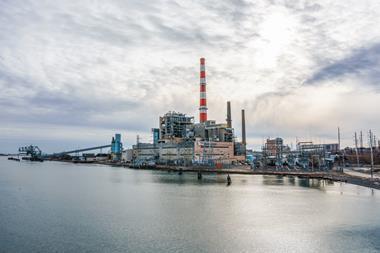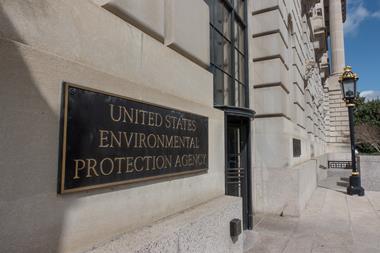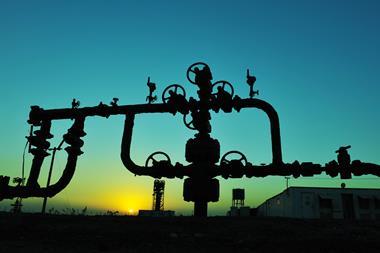The US Environmental Protection Agency (EPA) has rolled back regulations that required oil and gas companies to monitor and fix methane leaks from production wells, processing facilities, pipelines and storage facilities. While some major oil companies and environmental groups oppose the new rules, announced on 13 August, organisations representing oil and natural gas producers are supportive.
The regulations were first established in 2016 by President Barack Obama under the US Clean Air Act as a means to curb methane emissions. That plan also cut methane releases from some existing oil and gas operations through other standards that covered volatile organic compounds (VOCs).
Under the EPA’s new policy, methane releases will only be regulated indirectly through a separate rule that targets emissions of VOCs. The new regulations will result in an additional 400,000 tons of methane emissions by 2030, according to projections that the EPA itself released earlier this month.
In announcing the rule change, EPA Administrator Andrew Wheeler said the goal of the new policy is to remove ‘ineffective and duplicative requirements’ and ‘reduce regulatory burdens for oil and natural gas entities.’ The previous rule disproportionately hampered small and medium-size energy companies, he argued.
Industry opposition
Some oil companies have spoken out against the new rules. ‘The negative impacts of leaks and fugitive emissions have been widely acknowledged for years, so it’s frustrating and disappointing to see the administration go in a different direction,’ said Gretchen Watkins, president of US Shell.
David Lawler, the chairman and president of BP America, said his company ‘respectfully disagrees’ with the administration’s decision, noting that direct federal regulation of methane emissions is essential to preventing leaks throughout the industry and protecting the environment.
Environmental groups also criticised the EPA’s action and several, including the Environmental Defense Fund and the Natural Resources Defense Council, indicated their intent to sue the agency over the matter.
Meanwhile, trade associations the American Petroleum Institute (API) and the Independent Petroleum Association of America (IPAA) have enthusiastically endorsed the changes.
Under the EPA’s modified standards, operators will still be required to control emissions, and the industry continues to make progress in reducing methane releases through new technologies, the API said. The organisation noted that methane emission rates from five of the largest producing regions across the US fell more than 60% from 2011 to 2018, even as production in those areas has increased dramatically.
The technical changes that the EPA has made are ‘important corrections that are necessary to address flawed programs resulting from the politically driven rush to complete the 2016 regulations’, said the IPAA’s executive vice president, Lee Fuller.












No comments yet